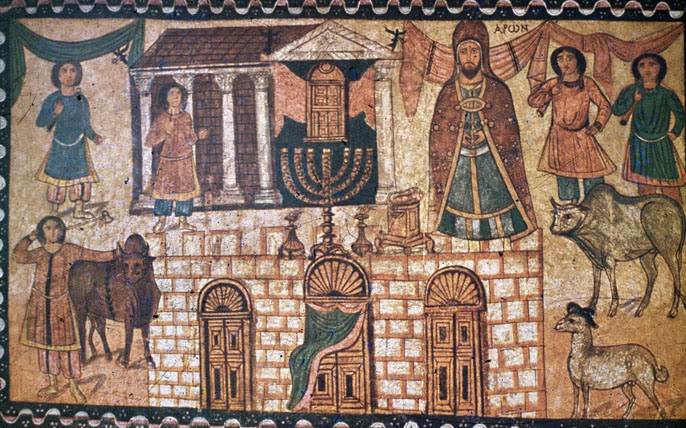"Thus then they went to announce to His disciples, and behold!, Jesus met them, saying, 'Rejoice!'"--Mt 28:9
What Paschal message could be more fitting than Christ's own: "Rejoice!" He told the myrrhbearers. "Rejoice, for I am risen! Rejoice, for salvation has come! Rejoice, for death has been trampled! Rejoice, for the long-suffering just are freed from Hades! Rejoice, for his grip on you is broken! Rejoice, for Heaven is open for you! Rejoice, for the earth rejoices! Rejoice, for the heavenly rejoice with the earthly! Rejoice, for all creation exclaims the most joyous and glorious hymn: 'Christ is risen from the dead, by death He trampled death, and to those in the tombs He granted life!'" What more is there to say today, as we celebrate Pascha anew. What Gabriel said truthfully and Judas twisted in his betrayal as been brought aright again by Christ, as He brings alright all that is fallen and straightens all that is twisted. That great Gospel message now resounds in all its fullness: "Rejoice!" Recalling the words of Ilias the Presbyter, "He who does not rejoice lacks hope," let us exhort one another as did St. Barsanuphius his brethren, "Rejoice in the Lord, my brother!" For now is the greatest time to rejoice, for Christ our Pasch has been sacrificed, and yet He has been gloriously raised. I can say nothing more of this glorious time than that one single word: "Rejoice!" And let us rejoice for all the days of Pascha, the joyful counterpart to the Fast, being instructed by Yovhan Mandakuni as he contrasts the Fast to the Feast:













